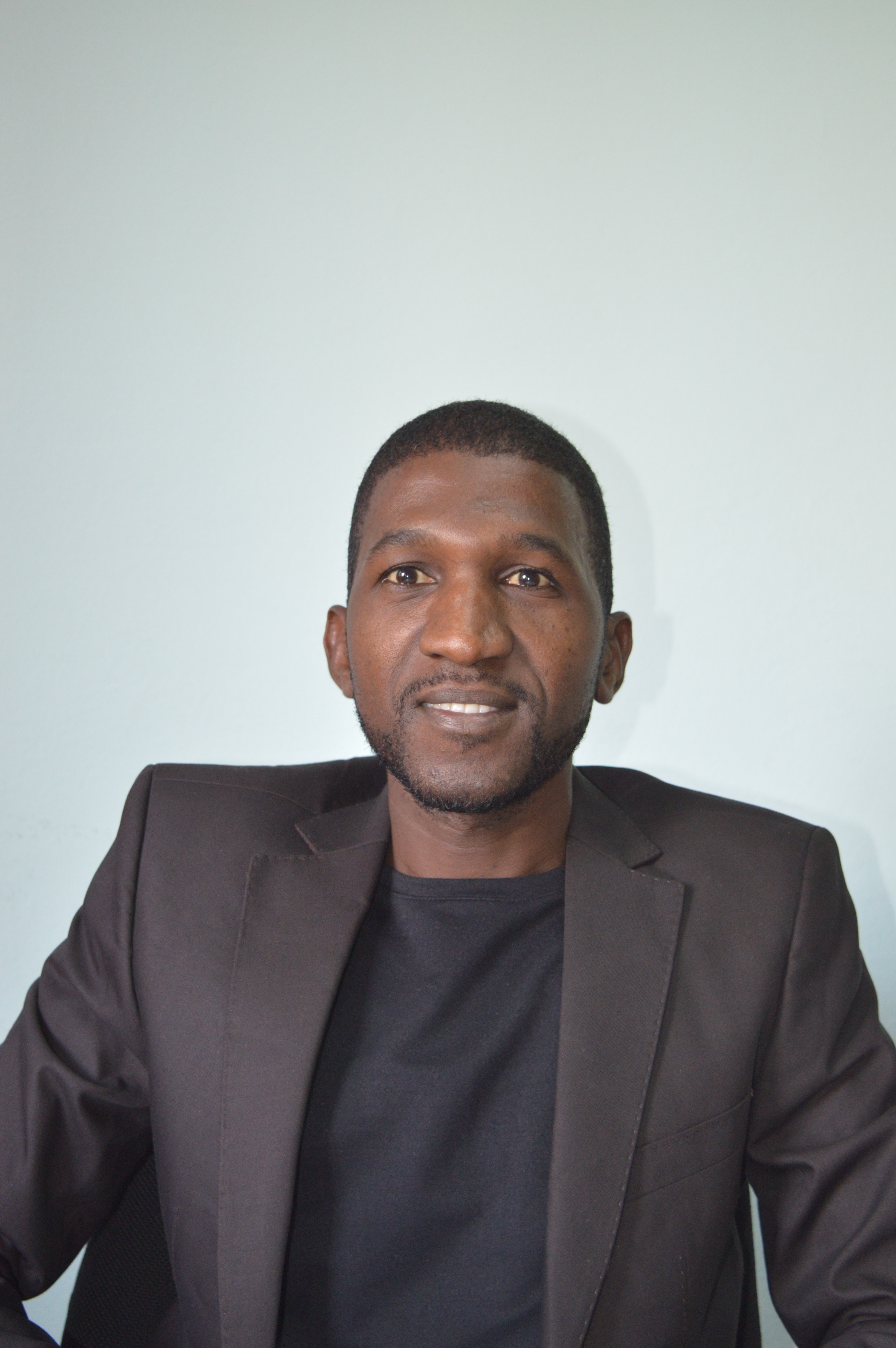The Researcher.Life Ambassador Program is a global community of researchers who wish to give back to their academic communities through mentoring and collaboration with other researchers. Researcher.Life Ambassadors empower themselves and their fellow researchers with advanced tools and services from Researcher.Life that help them do more, be more, and succeed more. Every month we spotlight one Ambassador who has gone the extra mile in supporting their academic community.
‘Bala Namata Abba is a Researcher.Life Ambassador, and a PhD in Organic Chemistry from Niger. His research focuses on chemical, phytochemical, and biological studies of aromatic and medicinal plants. He is an Assistant Professor in Chemistry at Agadez University, Niger’.

Could you tell us a little about your research?
I studied organic chemistry at Cadi Ayyad University (Marrakech, Morocco) and conducted my PhD studies in co-supervision with Abdou Moumouni University (Niamey, Niger). My research work is focused on chemical, phytochemical, biological and electrochemical studies for the scientific valorization of aromatic and medicinal plants of Niger. Aromatic and medicinal plants are an important source of raw materials for the food, perfume, cosmetics and pharmaceutical industries. For my research area, it came to my mind that when we were young our grandmothers used to give us some herbal medicines to treat some diseases, and these medicines were made by using the whole plant, but through scientific studies, today we have to know that the active compounds responsible of this curative effect are located in an organ of the plant, namely the roots, the bark, the stems, the leaves or the flowers. Today there are many techniques in chemistry to isolate and identify those active compounds. So, as a chemist, I decided to work on the aromatic and medicinal plants of Niger to contribute to the safeguarding of the heritage related to the use of aromatic and medicinal plants in Niger, the scientific valorization of traditional knowledge, and also to provide safe use of these plants.
How did you get interested in this field?
I have always been passionate about chemistry since my high school days. I acquired this passion for chemistry mainly through the experiments and manipulations that we did in the laboratory. I was fascinated by doing chemistry experiments and observing the transformation that happens. So, I set a long-term goal to become a chemist to teach and transmit my passion for chemistry and to do research in the field of chemistry.
What are you currently working on now?
Currently, I continue doing my research on aromatic and medicinal plants of Niger. I conducted chemical and phytochemical studies to isolate and identify bioactive compounds from some plants studied, and also carried out biological and electrochemical studies to evaluate their different properties. These research results gave scientific knowledge and data for the use of these plants in Niger.
Why did you decide to become a Researcher.Life Ambassador?
I was looking for a community of interdisciplinary and interconnected researchers where I can learn, share and collaborate with researchers from different countries, cultures, disciplines, and backgrounds to succeed in my research journey. Then, when I discovered the Researcher.Life Ambassador Program, I did hesitate one second to join this global community of researchers. I find this program as a framework for me to create a network of academic leaders, and an immense learning opportunity to develop my academic leadership, thought leadership, engagement and collaboration skills to grow and succeed in my academic career.
What is the best part about working in research?
The best part about doing research is the immense learning opportunity going along with it. Every day you can learn new skills or scale up knowledge and discover new findings, work and collaborate with other researchers, share your findings with your peers, contribute to advance science and the development of knowledge. Doing research is rewarding, as it lets you follow your passion to create and innovate something beneficial for humanity.
And the most challenging part about working in research?
Time management and literature review are what I find more challenging in doing research. The researchers can sometimes be so busy that they must be very organised to have time for social life. The literature review can be a highly challenging and time-consuming task, but good research depends largely on your research topic chosen based on a good literature review. Moreover, in some low incomes countries like ours in Africa, researchers are facing tricky issues in doing research because of the lack of material and financial resources, no research grants and no access to the literature data and the databases. We are struggling with those issues to undertake our research and contribute to our community to promote knowledge acquisition.
What is the one thing you want people to know about Researcher.Life?
Researcher.Life is an interesting platform that gives researchers services, solutions and courses to learn skills to succeed in their research journey, especially young researchers. On this platform, researchers can learn academic skills and access tools that could help them make a great impact in research and be more successful.
How has Researcher.Life Ambassador Program helped you in empowering the research community?
As a Researcher.Life Ambassador, I have contributed to empowering my academic and research community through the Content partner initiative, which consists of sharing meaningful and helpful articles for researchers on social media. I have frequently posted these articles on my Facebook and LinkedIn accounts. The articles are related to topics like introductory academic writing, academic publishing, how to choose a journal, etc. In collaboration with the Researcher.Life Team, we have organized a webinar for my university on the topic ‘Selecting a journal and the submission process’, conducted by Dr Suman Mundkur, Researcher.Life Ambassador and Research Consultant.
Would you like to give back to the academic community? Consider becoming a Researcher.Life Ambassador – apply today! Learn more about the Researcher.Life Ambassador Program here

